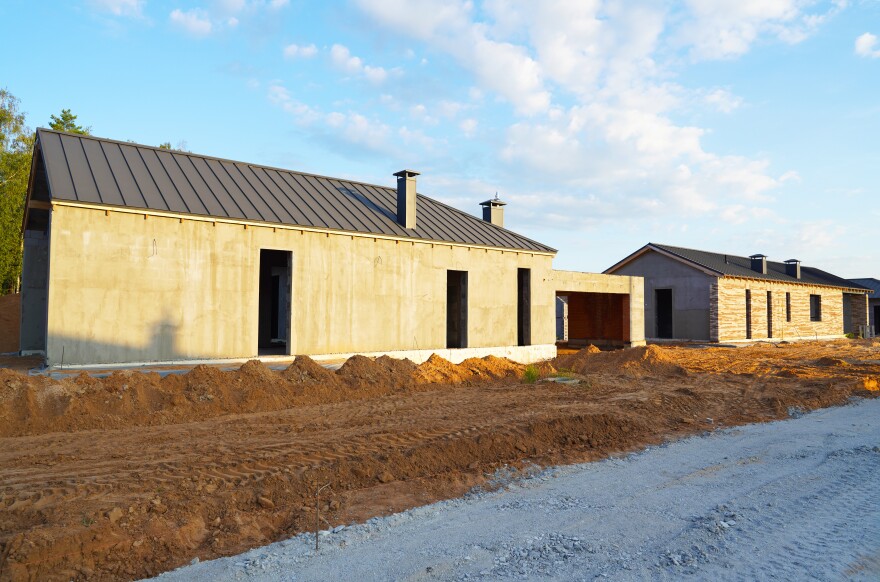Industry groups say Minnesota is short more than 100,000 affordable-housing units to meet demand, and project leaders have said the Trump administration's escalating trade war creates more uncertainty in addressing the critical need.
Last week, the National Association of Home Builders warned the Trump administration's aggressiveness on tariffs could increase the cost of building a home by more than $9,000.
Cecil Smith of the Minnesota Multi Housing Association said it depends on the situation for each project but acknowledged it is possible. He pointed out it adds to the other market forces affordable housing developers are already dealing with.
"We have a lot of uncertainty in the economy right now," Smith observed. "Tariffs are one factor that's making business very nervous."
Minnesota has invested money to accelerate affordable housing but Smith noted momentum is slow because of higher interest rates and regulatory issues. Lawmakers are trying to fix some of the problems this session.
Local unions said they, too, are monitoring tariffs, noting rising costs could scale back available work. The White House insists its approach will pay off for the economy, while acknowledging short-term challenges.
Leah Midgarden, president of the Southeast Area Labor Council of the AFL-CIO in Rochester, said if tariff effects take hold, losing ground on affordable housing would be a problem for the construction trades. She added when a big project comes together, a range of skilled workers contribute, including in the fields of iron, drywall and plumbing.
"All of these trades provide a really important source of income, not just for their workers but more importantly, these are folks that, again, are living in these communities," Midgarden emphasized. "They are spending those resources in those communities."
She warned if a project is canceled, a worker either has to deal with lost income or bolt to another region where there are construction needs, disrupting their personal life.
Kenneth Bush, CEO of Bush Companies, a development company in Rochester, said if tariff pressure does not ease, it could negatively affect a project he's involved with, aiming to create affordable units for middle-class workers.
"The back-and-forth (of tariff threats), the pulling and tugging, is really not going to work for the people," Bush contended.
-
In the new picture book “The Blue House I Loved” Minnesota author Kao Kalia Yang shares vivid memories of childhood and place. Illustrated by artist and architect Jen Shin.
-
Crow Wing County's Eric Klang said agents worked out of the sheriff's office while temporarily stationed in the lakes area, asking him for guidance on "what's off limits."
-
Plus: Community members show up to Nevis council in support of Wild Tiger Skate Park; House 2A Rep. Bidal Duran announces reelection plans; and the latest for Northland winter athletes.
-
Crow Wing County's Eric Klang said agents worked out of the sheriff's office while temporarily stationed in the lakes area, asking him for guidance on "what's off limits."
-
There was standing room only for much of the Nevis City Council's monthly meeting on Feb. 9, 2026, as the Council considered continuing its support for a local skate park.
-
Corey Adam Bryant was last seen in Bemidji on Dec. 19, 2025, but was last in touch with family in January 2026.
-
Events this week include a pancake fundraiser and curling watch parties in Grand Rapids, "MusiKaravan" in Hibbing, Bemidji Contra Dance and a symphony orchestra concert in Virginia.
-
Plus: Northern, MN to become Northern MN's newest city; and 14 Northland athletes competed in the Alpine Ski state tournament Feb. 10, 2026.
-
Bryan Odeen and Brandon Hepola, two of the organizers of a new benefit album for a Minnesota mutual aid group, joined "Headwaters" to talk about the project.
-
Minneapolis businesses are estimated to have lost $10 to $20 million in sales each week of Operation Metro Surge, which began in December 2025.











